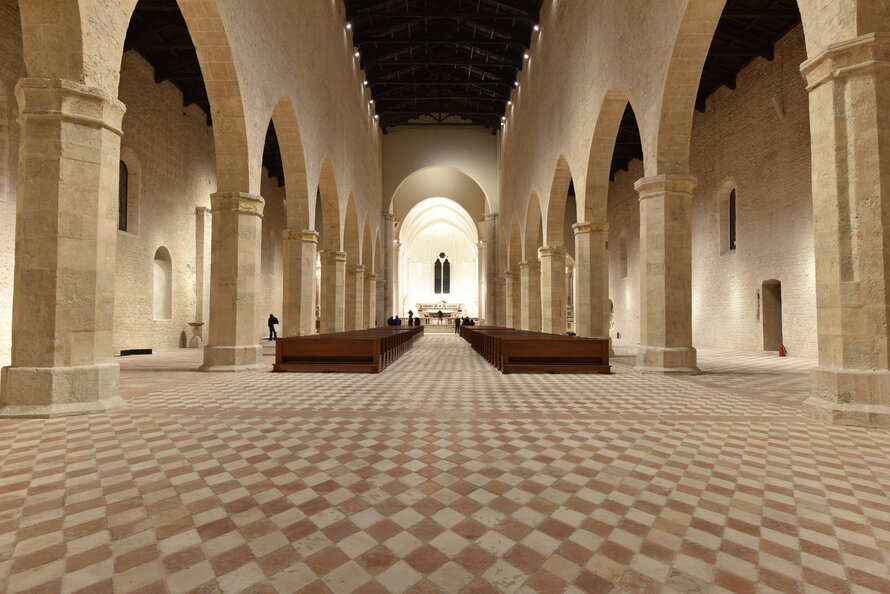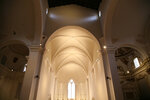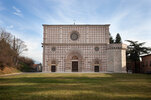Basilica of Santa Maria di Collemaggio, L'Aquila
The return of the Basilica of Santa Maria di Collemaggio to the community of L’Aquila in December 2017 marked a watershed moment in the long process of recovery following a tragic earthquake that hit the region on 6 April 2009. Since the disaster, the Basilica has become an ...
Read more
Project details
Description:
The return of the Basilica of Santa Maria di Collemaggio to the community of L’Aquila in December 2017 marked a watershed moment in the long process of recovery following a tragic earthquake that hit the region on 6 April 2009. Since the disaster, the Basilica has become an important place for the entire community to gather and has acted as a site of commemoration and celebration. The Superintendency for Archaeological, Artistic and Architectural Heritage and Landscape for L’Aquila and its Seismic Crater carried out the project with a team of representatives from three Italian universities (“Sapienza” University of Rome, Politecnico of Milan and University of L’Aquila), and supervised the complex two-year works. The restoration work was the result of a successful institutional collaboration by the Ministry of Culture, Heritage and Tourism (MiBACT), the Diocese of L’Aquila and the Municipality of L’Aquila (the owner of the Basilica), which in 2013 signed the ‘Ripartire da Collemaggio’ protocol with the energy company ENI S.p.a. acting as sponsor. The collapsed clustered pillars were reconstructed, and the stone cladding restored, reusing the recovered blocks. The nave’s octagonal pillars were restored by dismantling and reassembling the irreparable ones by replacing the badly damaged stones and inserting threaded metal bars. The arches, walls and the collapsed roof were each rebuilt. The floor, crushed under the fallen debris, was carefully recomposed. The Baroque organ, which had suffered extensive damage during the earthquake, has also been recovered and reinstated in the Basilica. The frescoes, dating from the 13th-15th centuries, have been consolidated and restored, as well as the baroque marble altars and the stucco work of the side-chapels. The restoration of the Basilica of Santa Maria di Collemaggio required not only the most advanced methodologies in the conservation of built heritage, but also respect for its special place in the life of the community of L’Aquila. The “Celestinian Forgiveness”, a tradition comprising a set of rituals and celebrations which was inscribed on the UNESCO Representative List of the Intangible Cultural Heritage of Humanity in 2019, has taken place each year since 1294 in the Basilica, where the “Forgiveness Walk” ends, attesting to the importance and centrality of this heritage site to the local community.
Similar projects
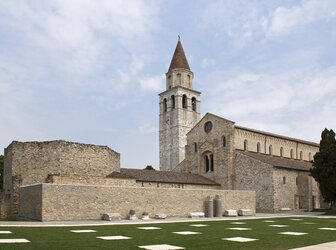
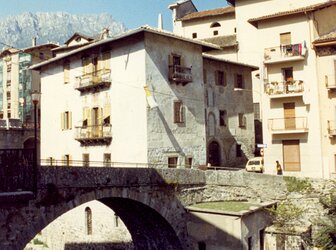
15th century
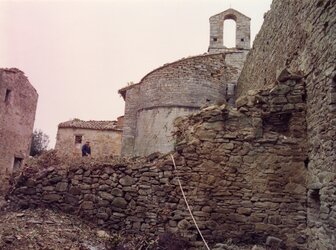
Middle Ages
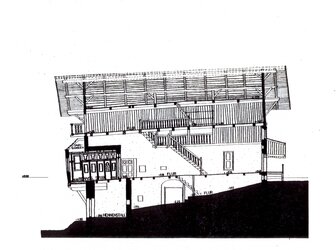
16th century
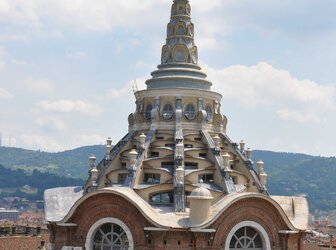
Beginning in 1668
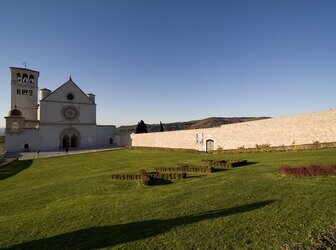
13th century
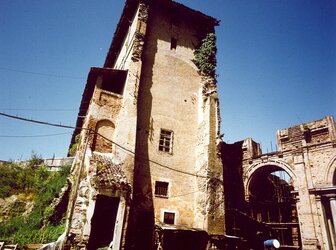
17th century
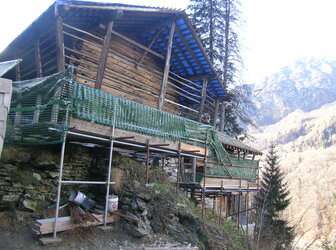
16th - 19th century
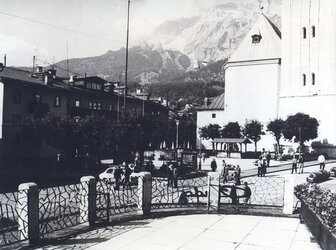
20th century
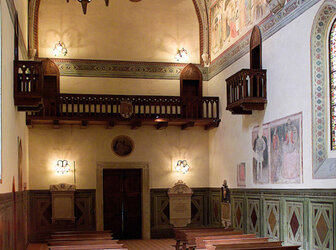
14th century
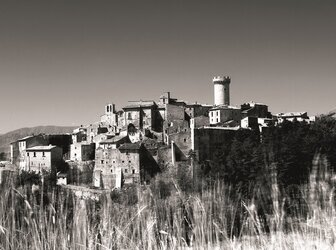
Middle Ages
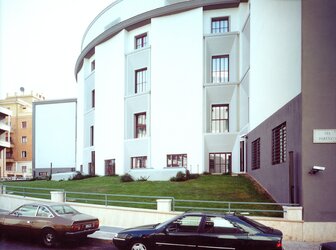
20th century
